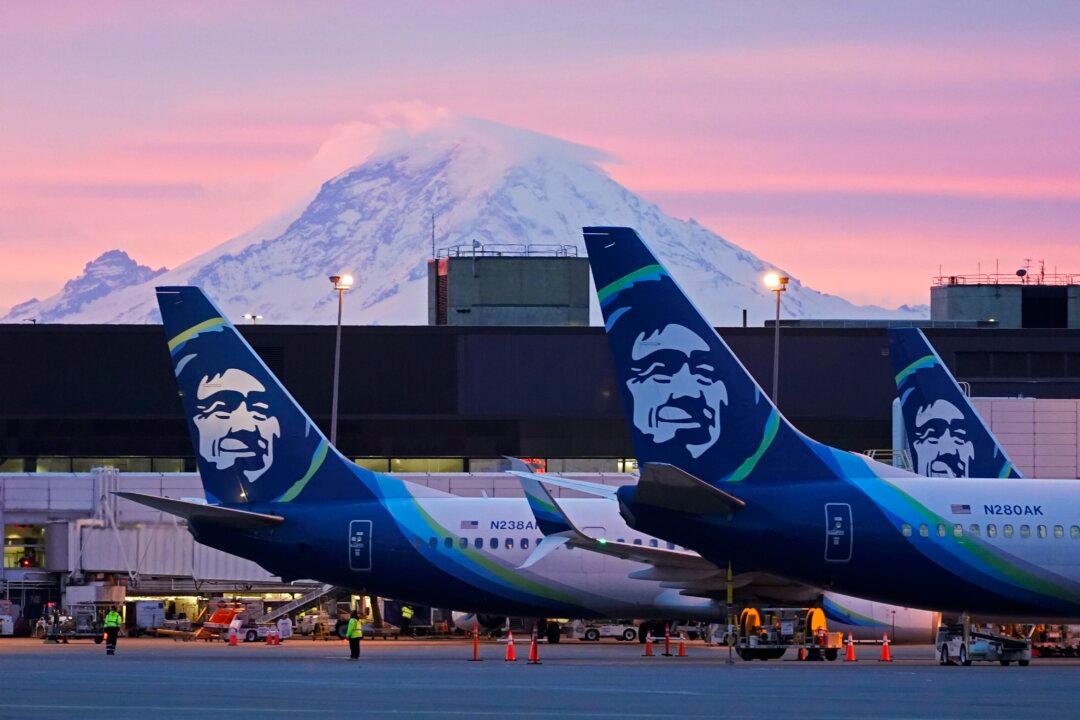Alaska Airlines has announced that it is pausing ties with a Russian airline, noting that it is “deeply concerned by the humanitarian crisis” unfolding in Ukraine, as part of a concerted move by many companies around the world to isolate Russia for its initiation of war.
“We are temporarily suspending our partnership with the Russian airline S7, a fellow Oneworld member. Starting today, March 1, our guests will not be able to earn miles on S7. Our ongoing work to enable redemptions on S7 will also stop,” the airlines said in a statement. Oneworld is an airline alliance founded in Feb. 1999.





